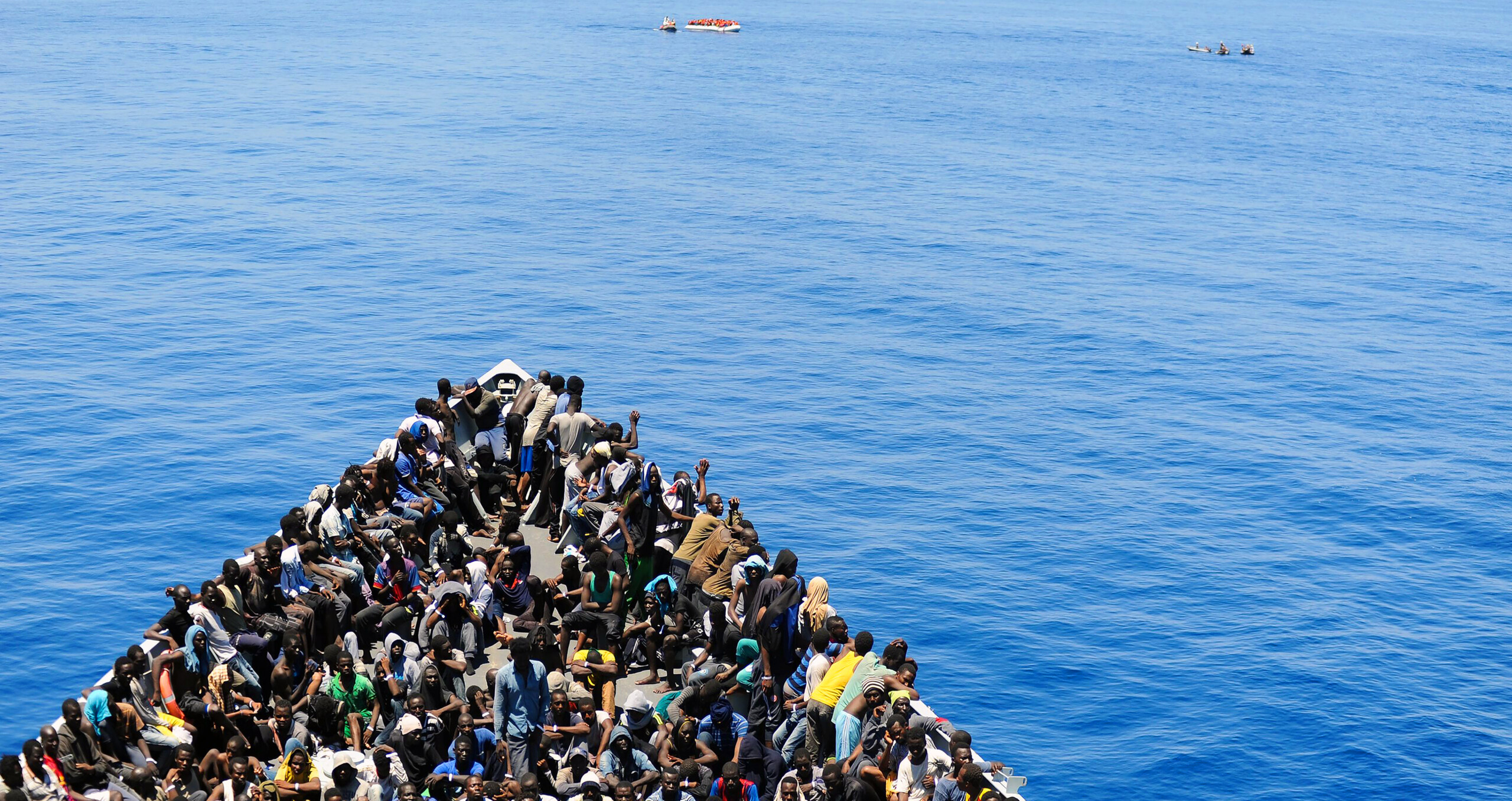Attacks on asylum in Europe: a ploy for votes?

Attacks on asylum in Europe: A ploy for votes?
In 2019, the European Commission claimed that the European migration crisis had ended (Rankin, 2019). However, the continuous influx of migrants since then, shows that migration has not ended but merely dropped to a manageable level for European countries to no longer consider it as a crisis. Nearly two years later, the United Nations High Commissioner for Refugees (UNHCR) claims some of Europe’s borders have threatened the right of asylum through illegal pushbacks (set of state measures by which refugees and migrants are forced back over a border) and expulsions (Associated Press, 2021). While no country was specifically called out for using such measures, certain European countries such as Italy, Hungary, and Greece have been criticized and condemned for their treatment of migrants (Pronczuk et al, 2021). These measures are in violation of the European Convention on Human Rights (art. 4 protocol. 4), which states that “Collective expulsion of aliens is prohibited” (European Court of Human Rights, 1953).
Assistant High Commissioner for Protection to the UNHCR, Gillian Triggs, stated that “It is regrettable that the issue of asylum remains politicized and divisive despite such declining numbers.” This is a reminder of that immigration has been at the center of multiple political debates, where identity politics (politics in which groups of people having a particular racial, religious, ethnic, social, or cultural identity tend to promote their own specific interests or concerns without regard to the interests or concerns of any larger political group) have led to the creation of multiple single-issue parties (concerned with a single public issue, especially a controversial one, to the exclusion of all other issues: single-issue groups; single-issue politics) in Europe. Indeed, the rise of far-right parties in Europe in the 21st century (BBC News, 2019), who have seemingly been holding the issue ownership (one party that is much more dependable in carrying out the desired objective than others) (Budge et al, 1983) on immigration, has led traditional center right parties to emphasize this issue in their discourse, in order to perform better in elections (Downes et al, 2017).
The politization of immigration could explain the constant violence asylum seekers and refugees experience, not only at European borders but also when set up in these countries (Surget, 2020). Indeed, many European countries will be holding general elections (presidential or parliamentary) in 2021 and 2022, and a strong stance against immigration could help many parties holding political power in Europe retain such power: France, Sweden, Hungary, Germany will all be in the middle of election campaigns going into 2022, and candidates will be trying to gain voters from all political sides, with an increased partisan dealignment (to end or cause to end one’s association with a political party) trend surging in Europe (Sztabiński et al, 2015).

Article by
Alexandros Messimeris

Categories


